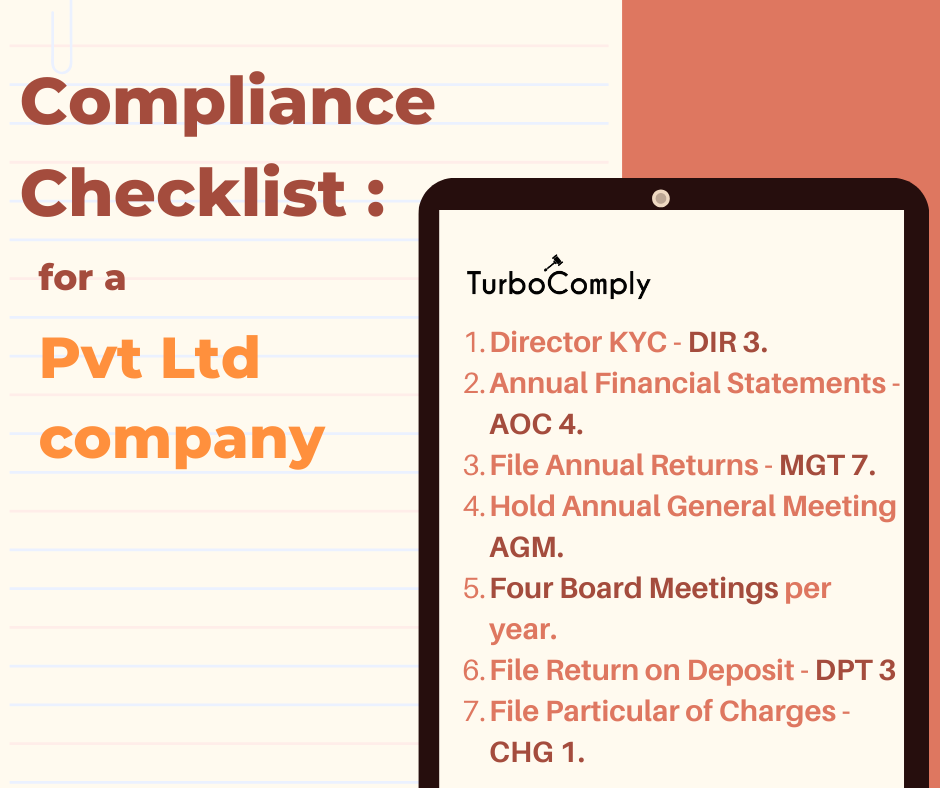Checklist for private limited company audits:
1. Planning and Pre-Audit Procedures:
- Understand the company’s business operations, industry, and regulatory environment.
- Obtain an understanding of the company’s internal control systems.
- Assess the risk factors and develop an audit plan accordingly.
- Determine the audit scope, objectives, and timeline.
2. Financial Statements and Disclosures:
- Review the financial statements, including the balance sheet, income statement, cash flow statement, and statement of changes in equity.
- Ensure the financial statements are prepared in accordance with applicable accounting standards and regulatory requirements.
- Verify the accuracy and completeness of financial statement disclosures.
3. Internal Controls Evaluation:
- Assess the effectiveness of internal controls in place for financial reporting, including processes for authorization, recording, and reporting of transactions.
- Identify control deficiencies or weaknesses and recommend improvements.
- Test the design and operating effectiveness of selected controls.
4. Verification of Assets, Liabilities, and Equity:
- Verify the existence, ownership, and valuation of assets, such as cash, inventory, accounts receivable, investments, and fixed assets.
- Confirm the completeness and accuracy of liabilities, including accounts payable, loans, and contingent liabilities.
- Evaluate the valuation and disclosure of equity transactions and reserves.
5. Revenue and Expense Recognition:
- Assess the recognition and measurement of revenue, ensuring compliance with applicable accounting standards.
- Verify the completeness and accuracy of revenue and expense transactions.
- Review the recognition of significant estimates, such as provisions, allowances, and accruals.
6. Compliance with Laws and Regulations:
- Evaluate compliance with relevant laws, regulations, and contractual obligations.
- Assess tax compliance, including timely payment and accurate reporting of taxes.
- Verify compliance with industry-specific regulations, licenses, permits, and certifications.
7. Related Party Transactions and Conflict of Interest:
- Identify and evaluate related party transactions for potential conflicts of interest or non-arm’s-length transactions.
- Ensure proper disclosure and accounting treatment of related party transactions.
8. Audit Documentation:
- Maintain comprehensive and organized audit documentation, including working papers, calculations, and supporting evidence.
- Document audit procedures performed, findings, conclusions, and recommendations.

Remember, this checklist should be adapted to specific circumstances and may require customization based on the company’s size, industry, and applicable laws and regulations.
Author
Name: Santhosh Gopinath G S
Recent comments